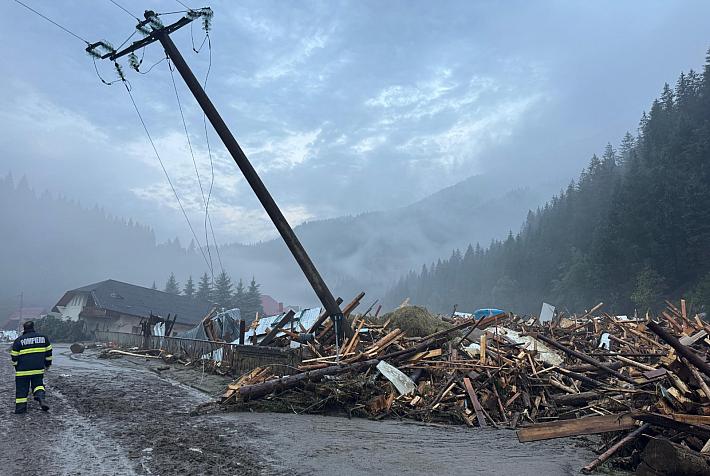Romania ranks fifth among countries with most widespread talent shortages

A recent study conducted by ManpowerGroup reveals that Romanian employers are among the most affected by talent shortages.
Over three in five (61%) local companies have difficulties in filling vacancies due to talent shortages. This is well above the global average of 38% and the EMEA average of 32%, placing Romania at number 5 among the countries with the most widespread talent shortages. Romania comes after Japan, Peru, Hong Kong, and is on par with Brazil.
The percentage of Romanian employers who experience difficulties is 21 percentage points higher than in the previous year when 40% of employers reported difficulties. This is the highest level in six years, according to the ManpowerGroup study.
The most difficult vacancies to fill are skilled traders, engineers, and drivers the same as in the last three years. Employers also report difficulties in recruiting managers, IT personnel, sales representatives, finance and accounting personnel, sales managers, hotel and restaurant staff, and laborers.
Almost half of employers who face talent shortages say that this situation is triggered by the lack of technical competences (hard skills specific to the role or profession). The figure is lower than in 2014 – 54%. Some 37% mentioned the lack of available applicants as a main cause, 17% say candidates look for a better pay than offered, and 15% say the cause is the candidates’ lack of experience. 14% noted a lack of workplace skills (soft skills), in particular lack of professionalism (7%), collaboration, team working and interpersonal skills (7%), and attention to details, planning and organization (5%).
About 65% of employers see a direct impact of talent shortages on business, 23% believe this impact is high, and 42% report a medium impact. Both figures are higher than in the previous year, by 4 and 8 percentage points respectively.
Local employers believe talent shortages mainly impact the company’s productivity and competitiveness (60%, up from 54 % last year), unlike employers worldwide and in the EMEA region, who feel that the primary impact is a reduced ability to serve clients.
"In recent years, a significant part of Romania's competitive advantage has been its skilled, educated, creative and flexible workforce. As these talents become increasingly difficult to attract, or become scarce, it is natural for employers to have concerns about an erosion of their competitiveness," says Valentin Petrof, Country Manager, ManpowerGroup Romania.
Only 8% of local employers don’t implement response strategies, down from 23% the year before. Those who do choose to implement such strategies focus primarily on people practices (66% versus 61% in 2014), revising them to provide more training and development for existing staff (45%). Most commonly, this takes the form of training to develop new skills (33%) and training to enhance existing skills (33%), according to ManpowerGroup.
Manpower: More companies in Romania to hire in the next three months
Irina Popescu, irina.popescu@romania-insider.com
(photo source: freeimages.com)











